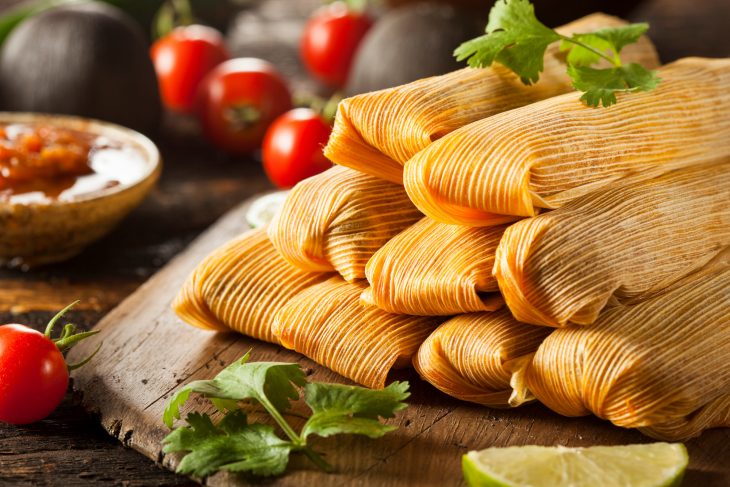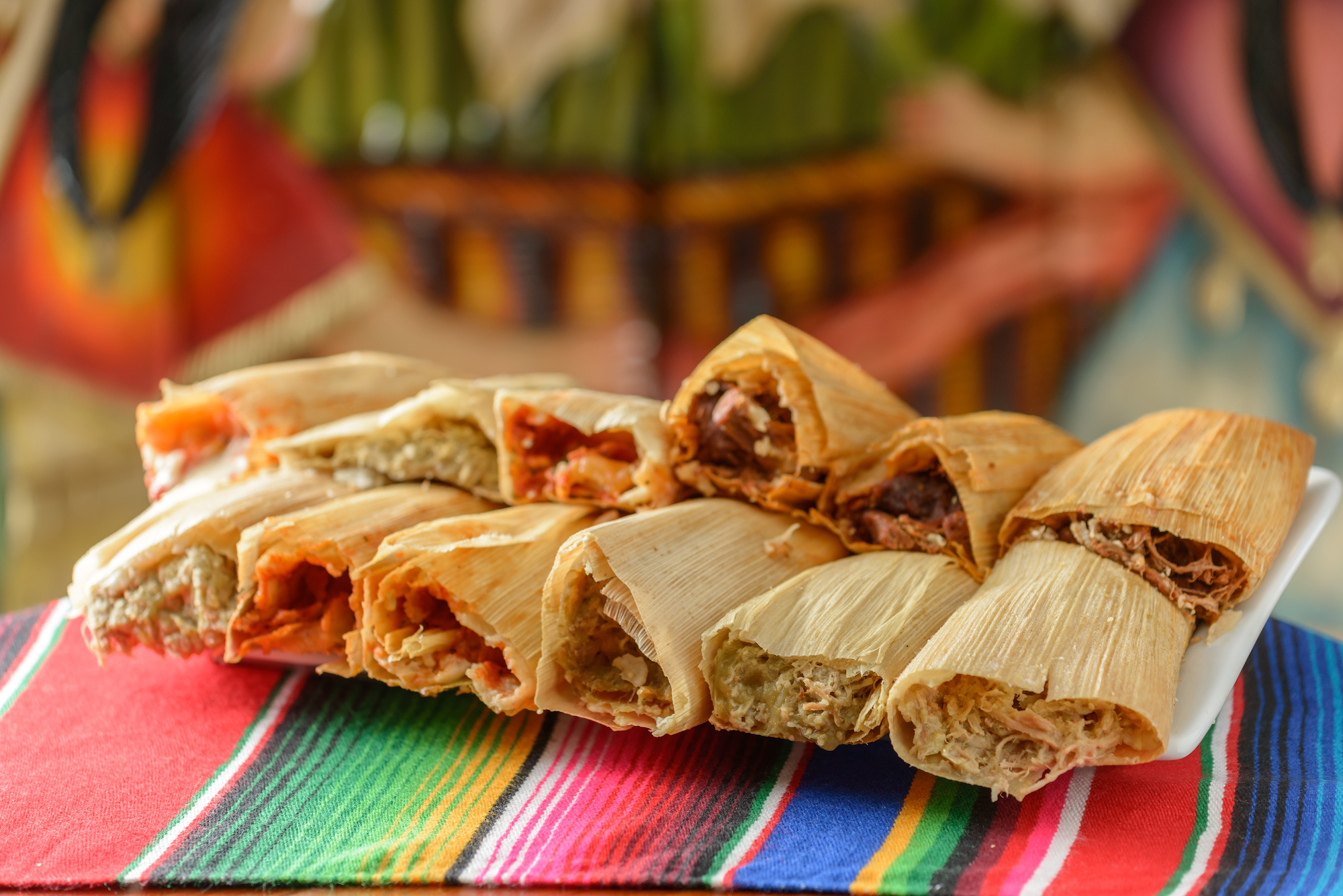
Tamales are one of those delicious dishes that have been around for centuries and is still beloved by many to this day. Not only are tamales a tasty treat, they can also provide you with quite the nutritional benefits! In this article, we’ll discuss 20 amazing tamale nutrition facts guaranteed to make your stomach rumble. From fiber content to protein amounts and more, get ready to dive into some delightful facts about this Mexican staple dish!
Calorie Content
An average homemade tamale contains approximately 285 calories. However, this can vary significantly based on the size of the tamale and the fillings used.
Carbohydrates
Tamales are rich in carbohydrates, with one average-sized tamale containing about 33 grams of carbs, predominantly from the masa.
Protein Content
The protein content in a tamale largely depends on the filling. A tamale filled with meat or cheese can contain around 10-15 grams of protein.
Fats
An average-sized tamale contains about 12 grams of fat. This can increase with fillings like cheese or high-fat meats.
Saturated Fats
Tamales contain a moderate amount of saturated fats, about 4 grams per serving, primarily from the lard or shortening used in the masa and high-fat fillings.
Dietary Fiber
Tamales are a good source of dietary fiber, with one average-sized tamale containing approximately 4 grams of fiber.
Sodium Content
Tamales can be high in sodium, with one tamale containing as much as 400-700 milligrams, primarily due to the salt and baking powder used in the masa and any added salt in the fillings.

Sugar Content
Tamales are generally low in sugar, with less than 2 grams in one serving. However, sweet tamales with fruit fillings or added sugar can have higher sugar content.
Cholesterol
Tamales contain a moderate amount of cholesterol, about 30 milligrams per serving. This is mainly due to the lard used in the masa and any animal-based fillings.
Rich in Vitamins
Tamales contain several essential vitamins, especially B vitamins like thiamine, niacin, and folate, which are necessary for energy production and cognitive function.
Mineral Content
Tamales are a good source of essential minerals, including iron, magnesium, and phosphorus.
Gluten-Free
Traditional tamales made with corn masa are gluten-free, making them a suitable choice for those with gluten intolerance or celiac disease.
Vegan and Vegetarian Variations
With appropriate substitutions like using vegetable shortening instead of lard and plant-based fillings, tamales can easily be made vegan or vegetarian without compromising on taste.

High in Complex Carbs
The masa in tamales is made from corn, a complex carbohydrate that provides sustained energy and helps keep you feeling full.
Low in Trans Fats
Homemade tamales are typically low in trans fats, which are associated with increased heart disease risk.
Nutritional Variations
The nutritional content of tamales can vary greatly depending on their size and the ingredients used in the masa and fillings. Always check the nutritional information if available.
Energy-Dense Food
Due to their high carbohydrate and fat content, tamales are an energy-dense food, providing a significant amount of calories in a small serving.
Nutrient-Dense Fillings
Filling tamales with nutrient-dense ingredients, such as lean meats, beans, or vegetables, can significantly increase their nutritional value.
Moderation is Key
While tamales are nutrient-rich, they are also high in fat and sodium. Thus, like any food, they should be consumed in moderation as part of a balanced diet.
Pairing Tamales for a Balanced Meal
To make your tamale meal more balanced, pair it with a side of fresh vegetables or a salad. This will not only add volume to your meal but also provide additional nutrients and fiber.
Conclusion
Despite their mouth-watering taste, tamales are much more than just something to satisfy the palate. Their numerous nutritional benefits allow them to provide us with all the essentials for a balanced diet while giving us an opportunity to savor a unique and delicious delicacy. We are incredibly fortunate that even after centuries, this classic Mexican dish finds its way into our kitchens so that not only can we revel in its delightful flavor, but also benefit from its nutritious properties. So next time you enjoy a tamale – whether it’s store-bought or homemade – take the time to appreciate the traditions associated with it and recognize its powerful contributions towards good health!
Was this page helpful?
Our commitment to delivering trustworthy and engaging content is at the heart of what we do. Each fact on our site is contributed by real users like you, bringing a wealth of diverse insights and information. To ensure the highest standards of accuracy and reliability, our dedicated editors meticulously review each submission. This process guarantees that the facts we share are not only fascinating but also credible. Trust in our commitment to quality and authenticity as you explore and learn with us.
